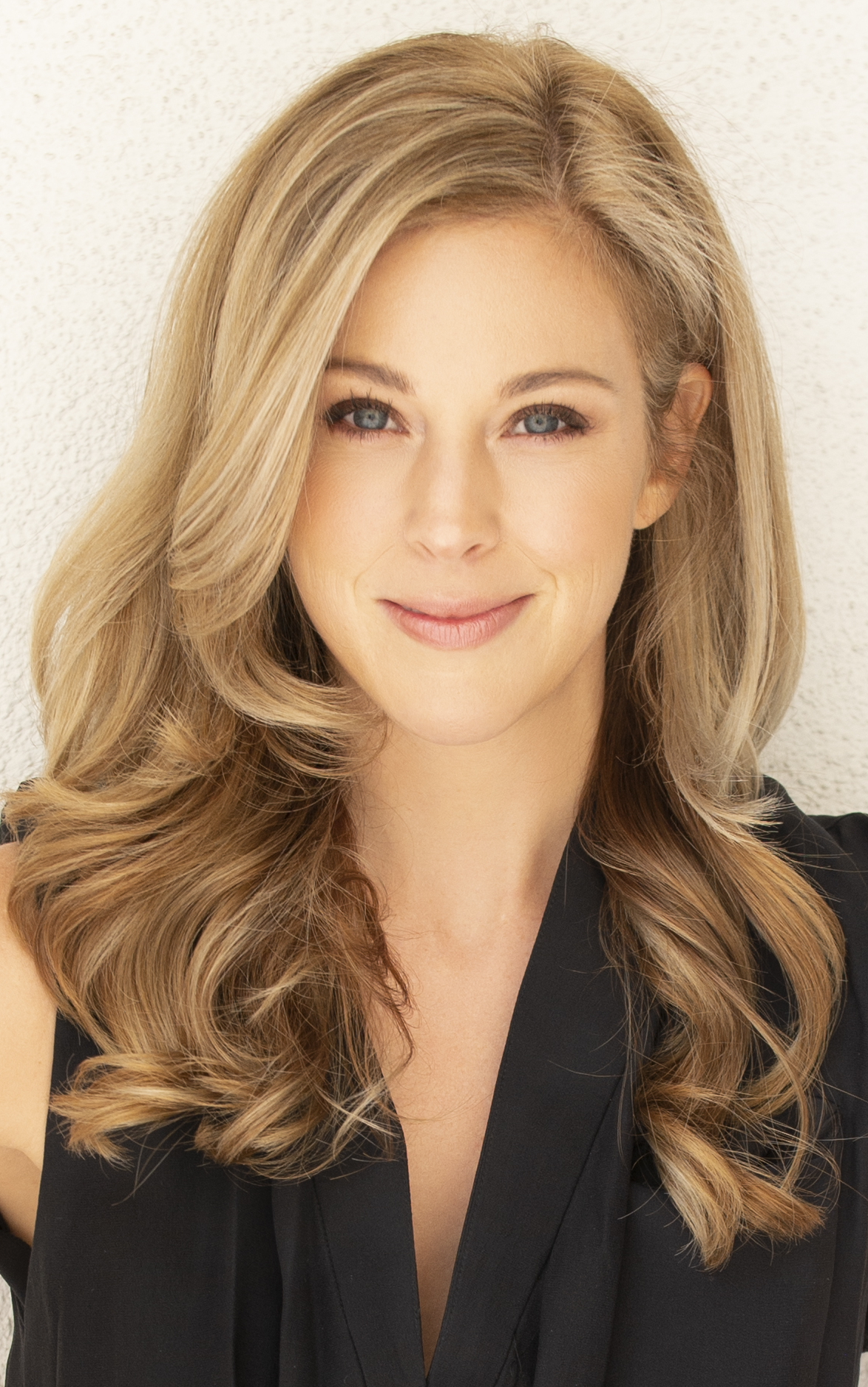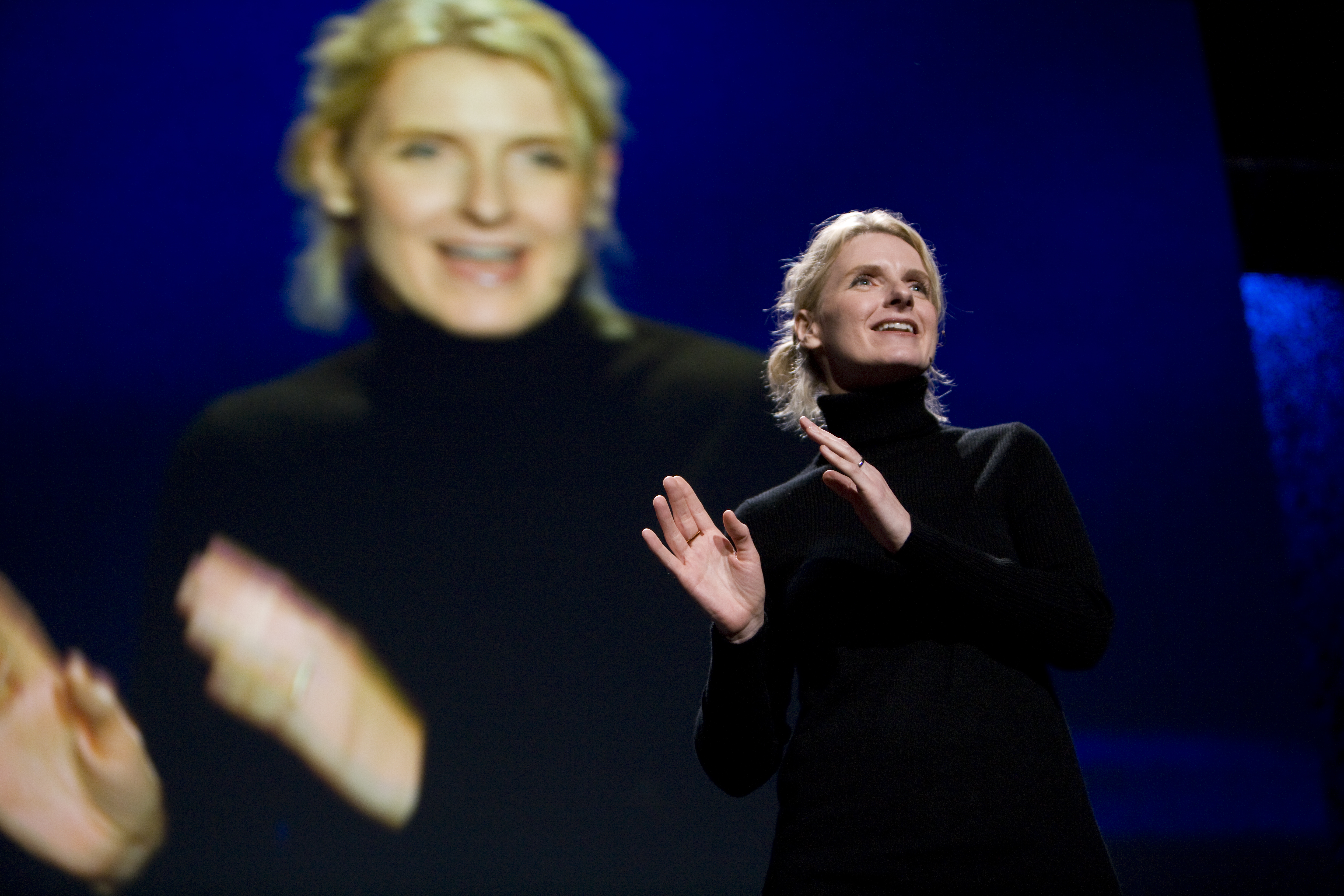Even in today’s divided climate, most of us can agree on one thing: we adore Elizabeth Gilbert. When she published her beloved, mega-bestselling memoir “Eat, Pray, Love,” she didn’t just explode on the scene — she launched an entire movement, empowering countless others to embark on their own journeys of self-discovery. Elizabeth is as much an adventurer as she is a writer, exploring everything from seedy New York City bars to modern-day Appalachian woodsmen to the futility of the institution of marriage in her award-winning writing. Recently, Elizabeth sat down with TED curator Chris Anderson for the launch episode of TED’s new long-form interview podcast, The TED Interview, to share her wisdom about the creative process, finding happiness, and overcoming hardship. Here are some of her thoughts.
On the creative process & hard work:
“I learned very early on that there were three factors that I was going to need in order to be successful as an artist, and one of them was luck, and the other one was talent, and the other one was hard work. The only one of those three that I have absolute control over is how hard I work. It seemed to me that it was just only obvious that if you want to do this, then maximize how much time you put into the third of it that you have any power over. The expression that I say all the time is, ‘Your labor is the contribution to the miracle.’ If I’m sitting around waiting for the miracle to do all of it, I’m going to be sitting around waiting for an awfully long time.“
On success:
“Most things aren’t successful. Most novels don’t sell. Most movies don’t get made. Most scientific ideas don’t revolutionize the world. Odds are against it, and it’s a very rational stance to take to say why should I bother doing this, and why should I invest this treasure of my time and my labor, which is my greatest treasure as a human being? There’s no guarantee that I’m going to get anything out of it. I can’t ever promise anybody.
“But what I will tell them and I can absolutely guarantee you is that you will be a different human being at the other end of it than you were at the beginning. The process of having made something will transform you in ways that I cannot predict and you cannot imagine, and it is so interesting to find out who you’re going to be on the other side of that, that that’s why you do it. Then if you get subsidiary reward, if you should be lucky to be paid for it in another way, then great.”
On grit:
“Willingness is everything, and it applies to everything, creativity too. I’m willing to do this. I’m willing to try this. I’m willing to fail. I’m willing to be unsuccessful. I’m willing to love.
“Are you willing to take the hits and then remain in the story? I don’t want to come all this way to do this life and then decide that it’s too hard and not show up for it.”
On curiosity vs passion:
“Curiosity, I think, is a far more friendly way to do creativity than passion. Passion asks you to throw it all on the bonfire, and curiosity’s way more generous in that it just says, ‘Just give me a little bit of your time and let’s see what we can do’ I think everybody thinks that creativity comes in lightning strikes, but I think it comes in whispers. Then the whispers can grow thunderous over time if you’re patient enough to explore it.”
On fear:
“Fearlessness is one of the expectations that we are memed to death about in our culture. ‘Go punch the world in the face and take it on and kill fear and bury fear.’ I don’t ask that of myself in any way whatsoever. I’m not interested in becoming a person who is fearless. Fear is part of our makeup. It’s something that’s inherent in us. It’s a protective device. It’s our oldest emotion. It’s our deepest cortex.
“My experience with fear is to permit it to exist and then to figure out how to work with it. To me working with fear is what courage is. Once you allow fear to just be present, it seems to quieten down and go to sleep, and then you can go about your work. It’s never out of the picture. I don’t waste my energy trying to kick it out of the picture because that feels to me like just a colossal exhausting waste of energy.”
On grief and the loss of her partner, Rayya:
“Suffering will find you, when the time is ready for it. When it’s your turn to suffer, believe me, you’ll suffer. You don’t have to look for it. You don’t have to romanticize it, and you don’t have to glamorize it, because it’s part of the experience of what we come here and experience.
“Here is what I have learned about grief though: I have learned that grief is a force of energy that cannot be controlled or predicted. It comes and goes on its own schedule. Grief does not obey your plans or your wishes. Grief will do whatever it wants to you whenever it wants to. In that regard, grief has a lot in common with love. The only way that I can handle grief then is the same way that I handle love, by not handling it, by bowing down before its power in complete humility. How do you survive this tsunami of grief? By being willing to experience it without resistance.
“The conversation of grief then is one of prayer and response. Grief says to me, you will never love anyone the way you loved Rayya. I reply, I am willing for that to be true. Grief says, she’s gone, and she’s never coming back. I reply, I am willing for that to be true. Grief says, you’ll never hear that laugh again. I say, I am willing. It’s an honor to be in grief. It’s an honor to feel that much, to have loved that much. It’s what’s owed. I wouldn’t miss it. I wouldn’t have missed a minute of it.”


